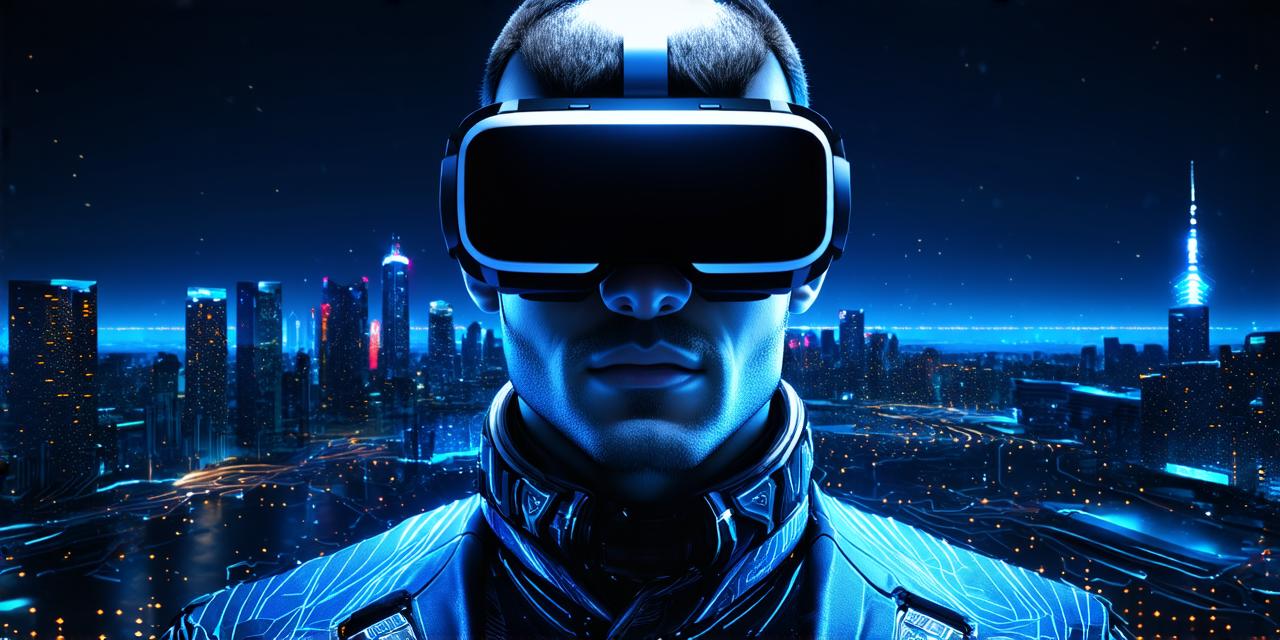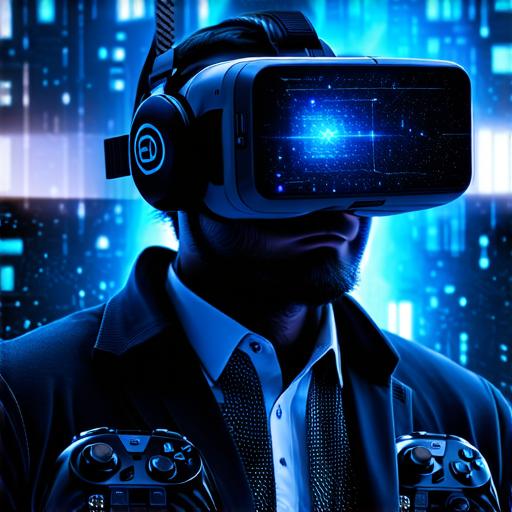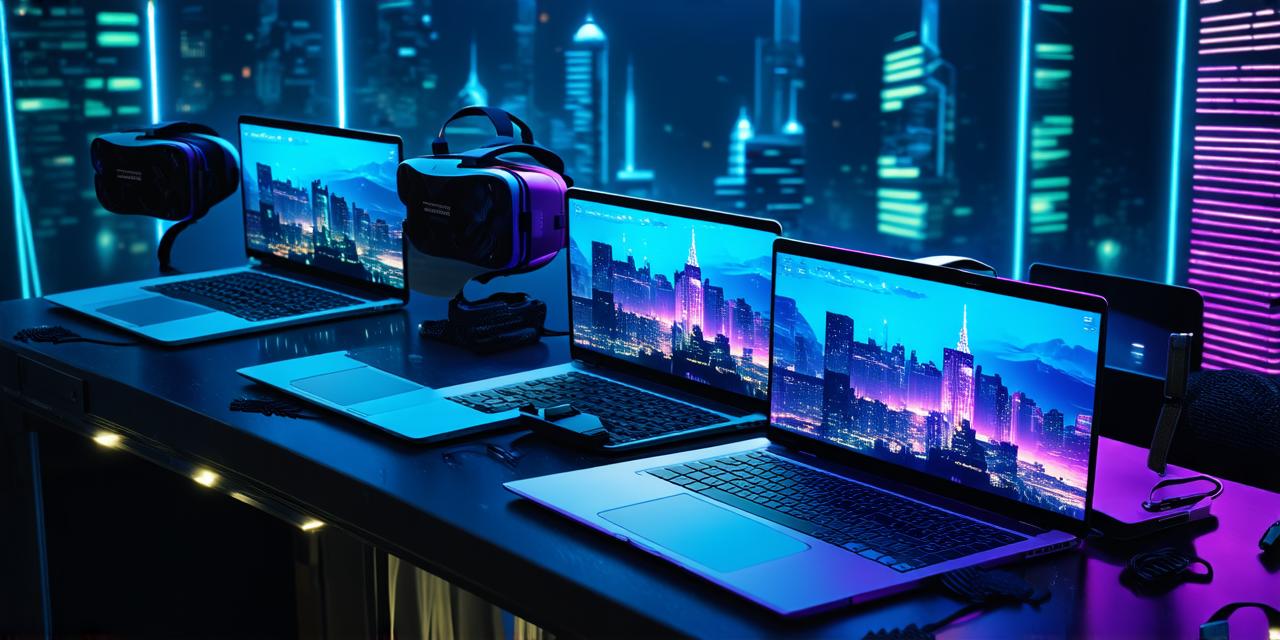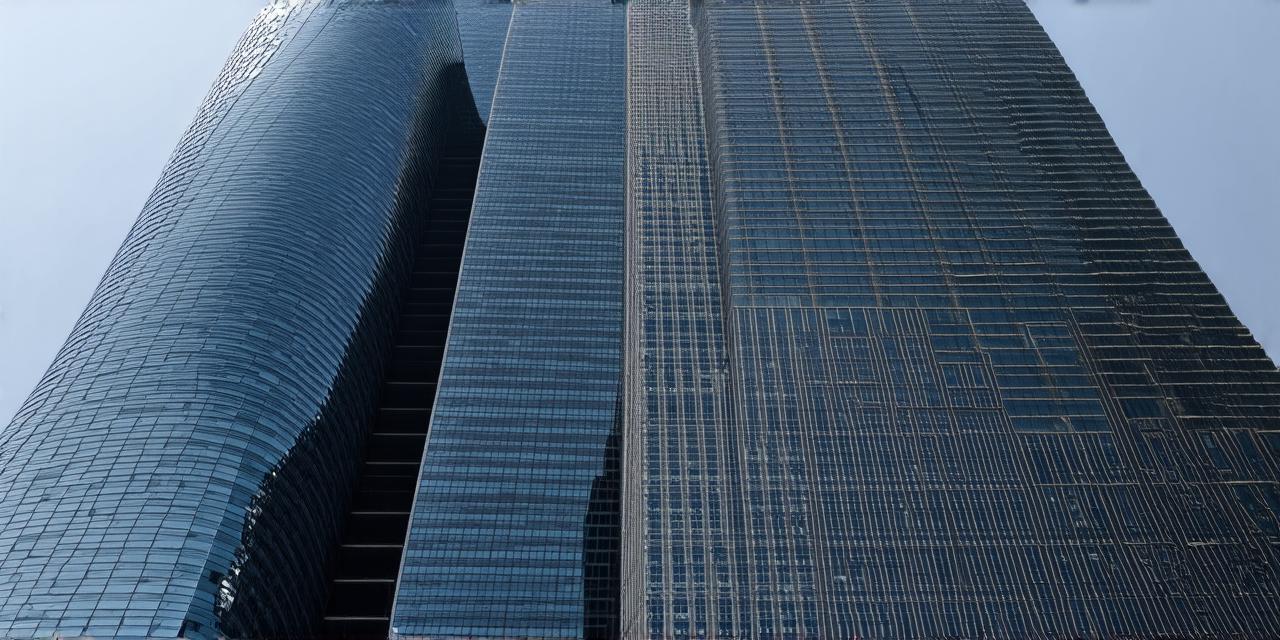
Master Virtual Reality Development: Learn How to Create Immersive Experiences
Mastering virtual reality (VR) development is an exciting endeavor that requires a blend of technical skills, creativity, and a passion for pushing boundaries.
The Immersion Factor
Virtual reality offers an unprecedented level of immersion, transporting users into digital environments that feel real. This sense of presence is achieved through advanced graphics, spatial audio, and motion tracking technologies. The potential applications for VR are vast, ranging from gaming and entertainment to education, training, and social interaction.
Getting Started: Essential Tools and Skills
To embark on your VR development journey, you’ll need a powerful PC, a VR headset such as the Oculus Rift or HTC Vive, and a strong foundation in 3D modeling, game development, and graphics programming. Familiarize yourself with these skills through online tutorials, books, and courses.
Learning Resources: Your Guide to Mastery
The Oculus Developer Center, Unity’s VR tutorials, and the A-Frame framework for web-based VR are invaluable resources for learning VR development. These platforms offer comprehensive guides, tutorials, and documentation to help you get started.
Case Study: Google Tilt Brush
Google Tilt Brush, a popular VR painting app, showcases the potential of VR development. This application allows users to create 3D art in a virtual space, demonstrating the limitless possibilities for creativity and expression in VR.
Challenges and Opportunities: Navigating the Frontier

Developing for VR presents unique challenges such as motion sickness, hardware limitations, and creating intuitive user interfaces. However, these challenges also present opportunities for innovation and problem-solving. By overcoming these hurdles, you can help shape the future of VR development.
The Future of Virtual Reality Development
As VR technology continues to advance, so will the demand for skilled developers. The future is bright for those who dare to dream in virtual reality, with endless opportunities for innovation and creativity.
FAQs: Answering Your Questions
Q: What skills do I need to start VR development?
A: You’ll need a good understanding of 3D modeling, game development, and graphics programming.
Q: What hardware do I need for VR development?
A: You’ll need a decent PC, a VR headset like the Oculus Rift or HTC Vive, and software development tools.
Q: Where can I learn more about VR development?
A: We recommend the Oculus Developer Center, Unity’s VR tutorials, and the A-Frame framework for web-based VR.
Embark on this journey, and you’ll find yourself at the forefront of a new digital frontier. The world of virtual reality awaits your creativity! Embrace the challenge, and together we can shape the future of this exciting technology.

